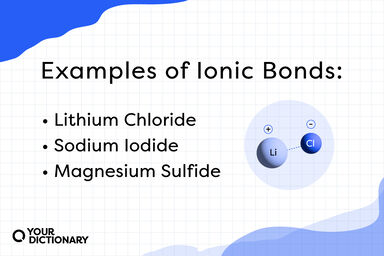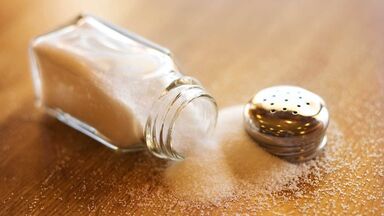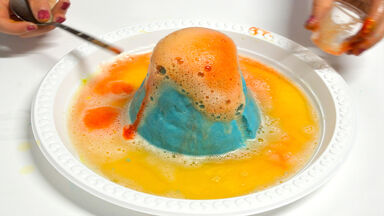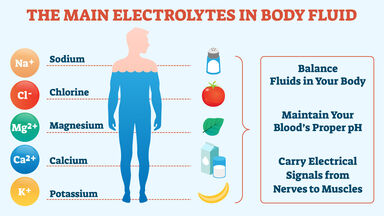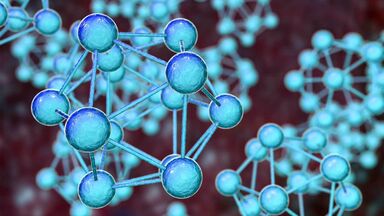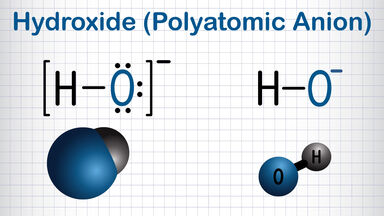Potash soap with the same reagent undergoes double decomposition - a proportion being changed into a soda soap with the formation of potassium chloride.
There is no separation of underlyes in potash soap, consequently the product contains the whole constituents of the oils used, as the operation of salting out is quite impracticable owing to the double decomposition which results from the action of salt, producing thereby a hard principally soda soap with formation of potassium chloride.
In such salts as potassium chloride the ions seem to be simple throughout" a wide range of concentration since the transport numbers for the same series of concentrations as those used above run Potassium chloride 0.5 1 5, 0.515, 0.514, 0.513, 0.509, 0.508, 0.507, 0.507, 0.506.
Thus the osmotic pressure, or the depression of the freezing point of a solution of potassium chloride should, at extreme dilution, be twice the normal value, but of a solution of sulphuric acid three times that value, since the potassium salt contains two ions and the acid three.
We may take Arrhenius' first relation as established for the case of potassium chloride.
